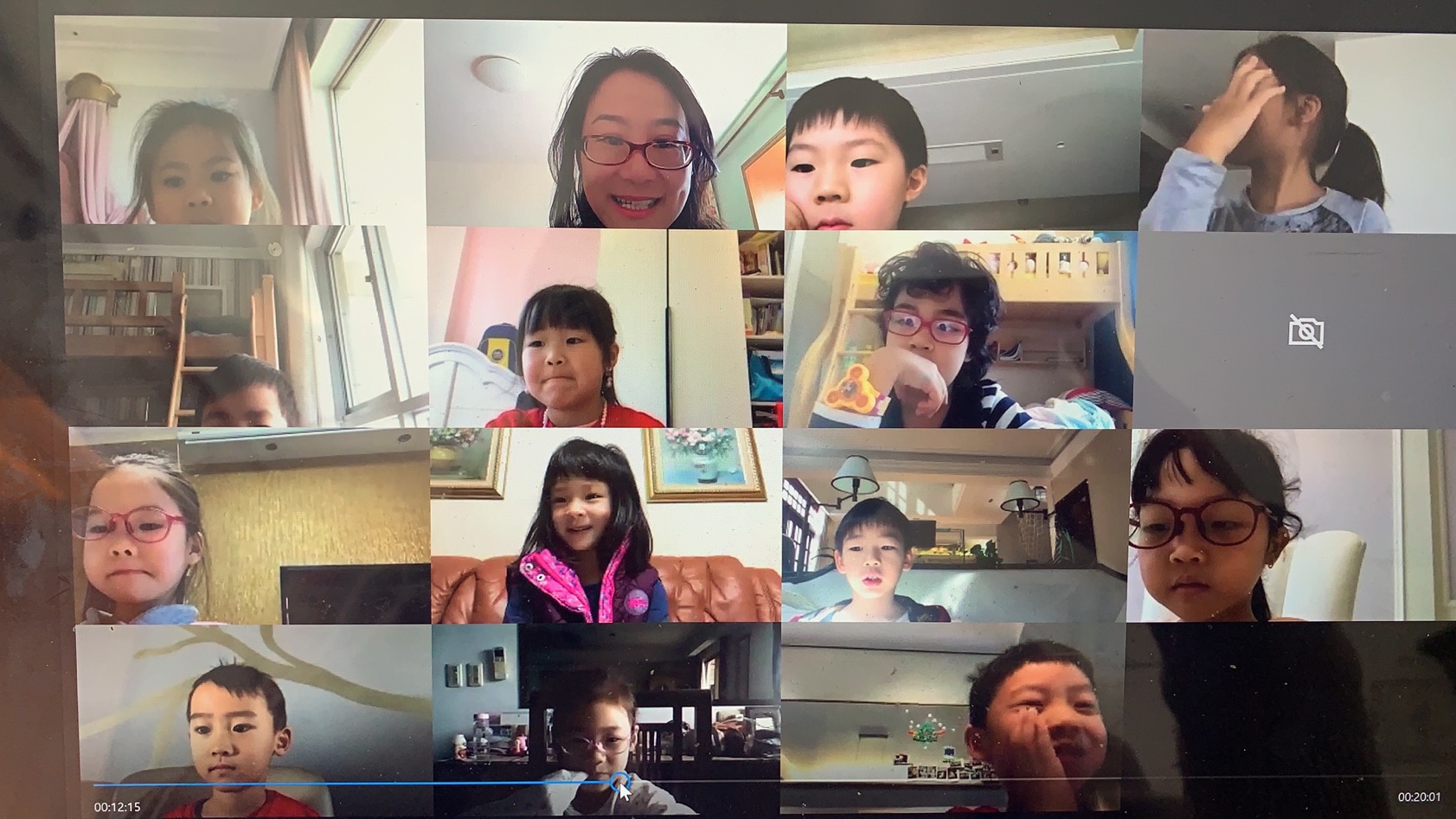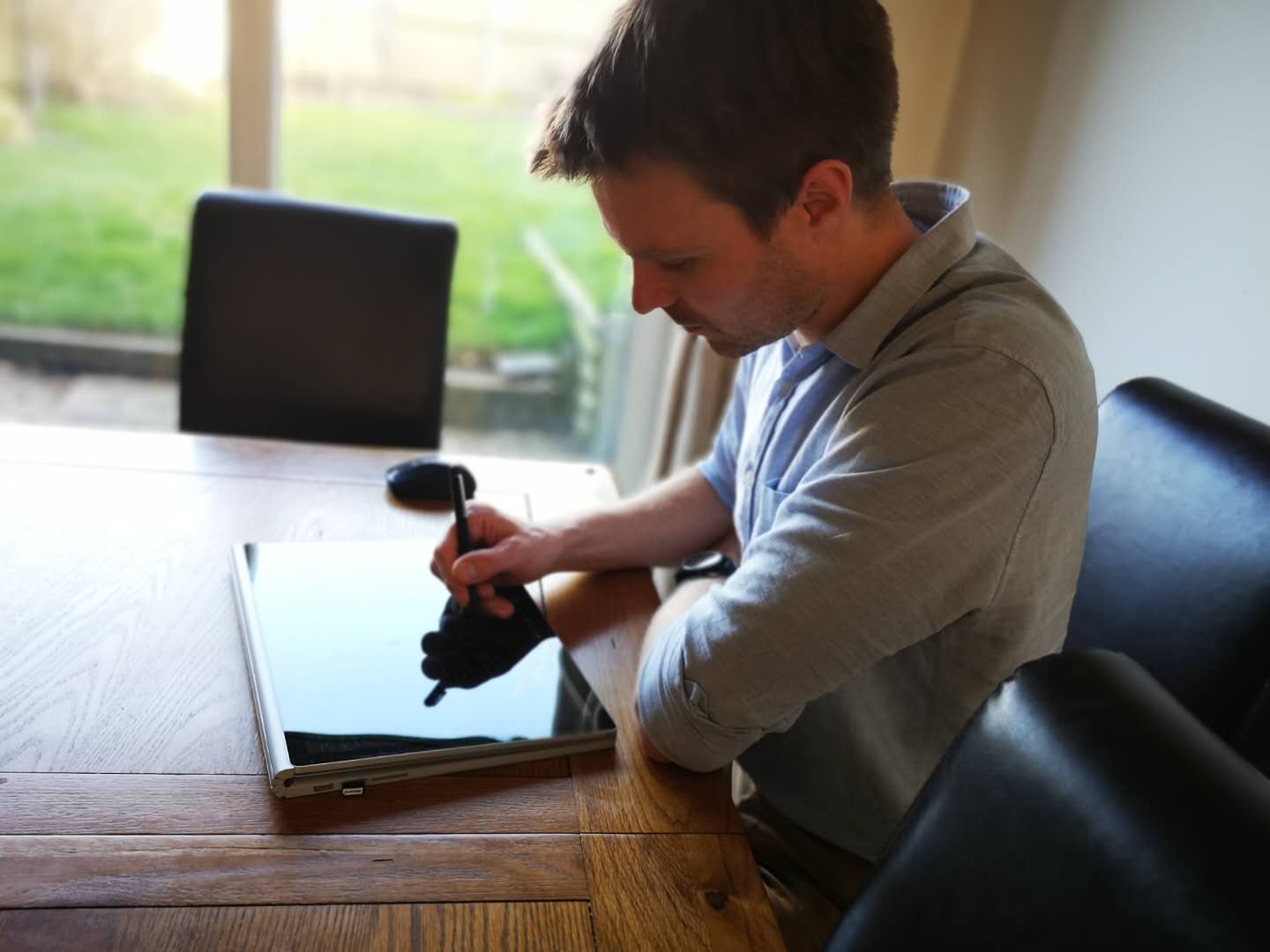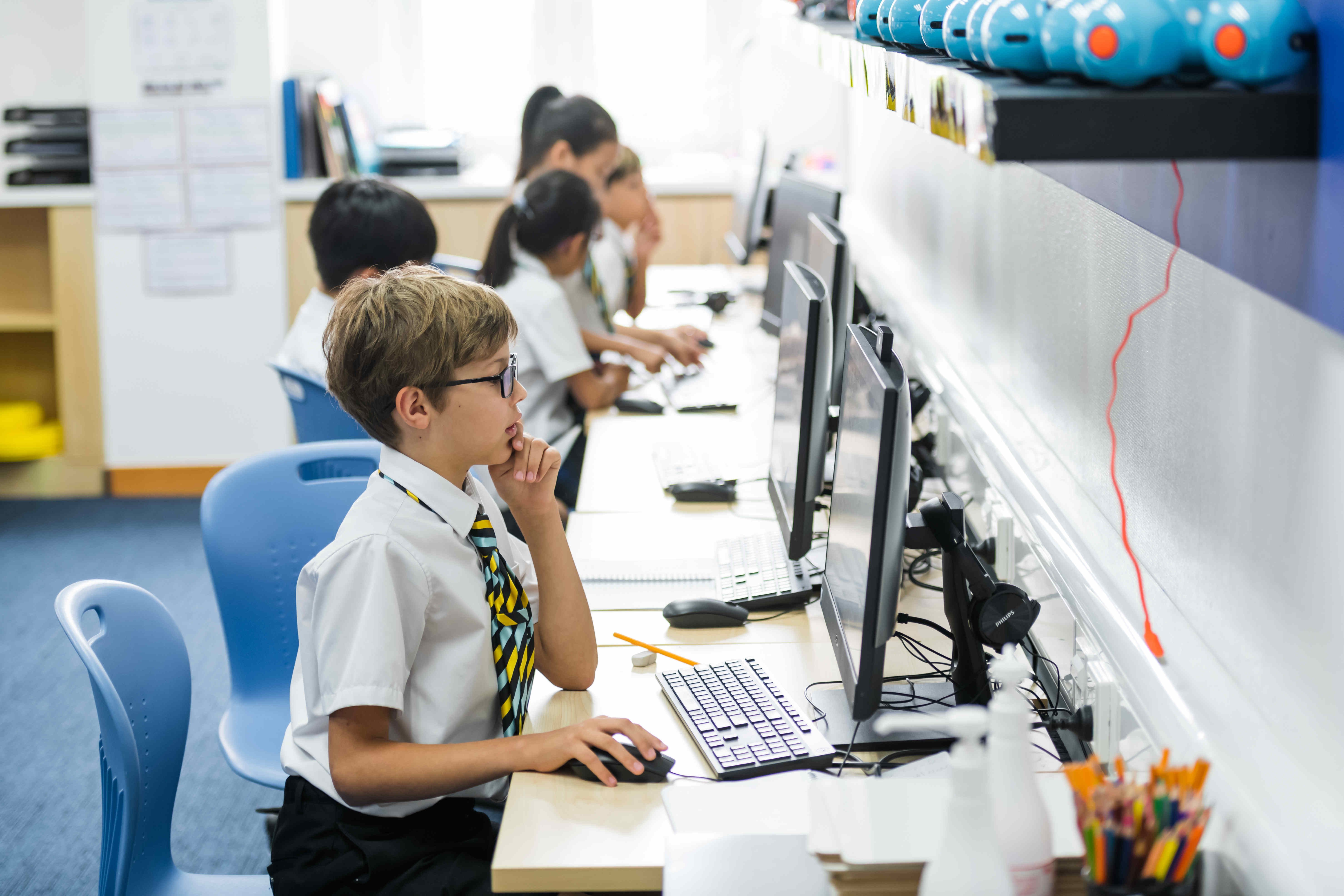We are Wellington [Online] | The transition to e-learning
2020-04-15

 At the beginning of our new e-learning setup that was introduced after Chinese New Year, there was a lot of information that pupils needed to absorb very quickly. They needed to know how their lessons were being organised, when they were happening and how to access them (and all supporting tools and resources) online. I definitely think that as this situation has continued, we’ve improved in making this part of the e-learning experience easier. On the teachers’ side, we’ve been quick to streamline the process of organising lessons and communicating key information with pupils. We now focus on Microsoft Teams and OneNote to share work, and a document going out every Sunday that collates all the individual year groups’ lessons for the following week in one place, with links to teachers’ Zoom classes.
At the beginning of our new e-learning setup that was introduced after Chinese New Year, there was a lot of information that pupils needed to absorb very quickly. They needed to know how their lessons were being organised, when they were happening and how to access them (and all supporting tools and resources) online. I definitely think that as this situation has continued, we’ve improved in making this part of the e-learning experience easier. On the teachers’ side, we’ve been quick to streamline the process of organising lessons and communicating key information with pupils. We now focus on Microsoft Teams and OneNote to share work, and a document going out every Sunday that collates all the individual year groups’ lessons for the following week in one place, with links to teachers’ Zoom classes.
 While I’m sure we all miss the buzz of the College campus and its full classrooms, one of the most beneficial silver linings of enforced e-learning is that pupils are getting hands-on experience of using these different communication and collaboration technologies in a completely remote manner. While we can’t be sure what long-term changes the aftermath of the pandemic will bring, it’s safe to assume that businesses and organisations across the world will be considering how well they use digital technologies, and how they can become more effective if and when remote working becomes more of a ‘new normal’. This means that becoming more familiar and confident with leading digital platforms for collaborative working is an invaluable experience for our pupils, no matter where they see themselves in terms of higher education or future employment.
While I’m sure we all miss the buzz of the College campus and its full classrooms, one of the most beneficial silver linings of enforced e-learning is that pupils are getting hands-on experience of using these different communication and collaboration technologies in a completely remote manner. While we can’t be sure what long-term changes the aftermath of the pandemic will bring, it’s safe to assume that businesses and organisations across the world will be considering how well they use digital technologies, and how they can become more effective if and when remote working becomes more of a ‘new normal’. This means that becoming more familiar and confident with leading digital platforms for collaborative working is an invaluable experience for our pupils, no matter where they see themselves in terms of higher education or future employment.
 Technically, all of our pupils were born into the Digital Age or ‘Internet Age’ if you prefer. However, as the events of early 2020 have shown, we’ve only just entered an age where your ability to operate digitally is as important as what you can do in the physical world, if not more so. Sadly, not everyone is ready for this emerging reality, with many organisations and individuals struggling to function as the pandemic plays out.
Technically, all of our pupils were born into the Digital Age or ‘Internet Age’ if you prefer. However, as the events of early 2020 have shown, we’ve only just entered an age where your ability to operate digitally is as important as what you can do in the physical world, if not more so. Sadly, not everyone is ready for this emerging reality, with many organisations and individuals struggling to function as the pandemic plays out.

相关资讯

不要错过上海惠灵顿第二届舞蹈表演"Connecting eMotions."2025-04-17
诚邀您参加 5 月 8 日的 “Connecting eMotions”--我校的第二届舞蹈表演! 我们将隆重推出 “Connecting eMotions”,这是来自舞蹈资优学生项目和舞蹈辅助课程教学活动的学子们联袂献上的第二场表演。 今年的主题是颂扬连结的力量--既有情感上的,也有合作上的。我们的舞者通过团队协作共同创造出充满活力的作品,不仅视觉效果震撼,而且内涵丰富。在此过程中,他们培养了
点击阅读

What is iGEM and our project, Barnacure?2025-10-09
iGEM Competition & Barnacure Team Members Team Illustration by Joanna, Year 11Article written Jing Jing, Year 11Primary Principal Investigator: Thomas Edwards, Head of Biology & Head of Science What
点击阅读

惠灵顿Ingenium Lions队在ACAMIS乐高联赛中大放异彩2025-02-27
上海惠灵顿Ingenium Lions机器人队在上周的ACAMIS(中蒙国际学校协会)地区乐高联赛中表现非凡,一举斩获三项大奖! 我校7至9年级的学生参加了FLL挑战赛,该挑战赛要求参赛选手设计乐高Spike Prime科创套装机器人并进行编程,他们需在两分半钟内完成原本需要15分钟的任务。挑战赛今年的主题是“水下生命”,学生们必须围绕复杂的水下生态系统进行改动和创新。 尽管面临着工程领域的重重
点击阅读










